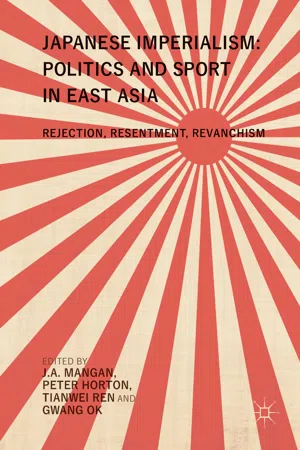Past Empires: Impact
We live in a world that empires have made. Indeed, most of the modern world is a relic of empires: colonial and pre-colonial, African, Asian. European and American. 1
Failed Empire: Grandiosity
It is Japan’s mission to be supreme in Asia, in the South Seas and eventually the four corners of the world. 2
Future Empires: Inevitability
The age of the west is at a crossroads, if not at an end. 3
…as empires come and empires go, at some stage the power of the United States will wane and another great power will rise up to fill the vacuum. This ambition, and an impatience to force events, has made Asia an unpredictable and dangerous place for all of us. 4
Past Empires: Relics Revisited
There is no longer need to turn away from the Empire… It no longer has that power to seduce the young…We can look at it directly, because it is only a moon now, not a sun. We can look up into the heavens, and study it, as a burned-out star, or rather a constellation of stars. 5
Close Circle: From the Ruins of Empire to Japanese Imperialism
- 1.John Darwin, Unfinished Empire: The Global Expansion of Britain (London: Allen Lane, 2012), 1.
- 2.‘Imperial Japan. History of WW2’, available at: http://www.history.co.uk/study-topics/history-of-ww2/imperial-japan.
- 3.Niall Ferguson, Empire (London: Penguin Books, 2004), 215.
- 4.Humphrey Hawksley, ‘Prologue’ in, Dragon Fire (London: Macmillan, 2000), xv.
- 5.Martin Green, Dreams of Adventure: Deeds of Power (Routledge & Kegan Paul, 1980), 344.
- 6.Pankaj Mishra, From the Ruins of Empire: The Revolt Against the West and the Remaking of Asia (London: Picador, 2012).
- 7.J.A. Mangan, Qing Luo and Sayuri Guthrie-Shimizu, (Eds.) The Olympic Games: Prism for East Asian Politics and Geopolitics – London 2012 and Tokyo 2020 (Beijing: Communication University of China, forthcoming).
